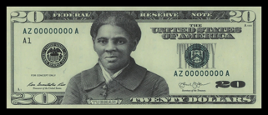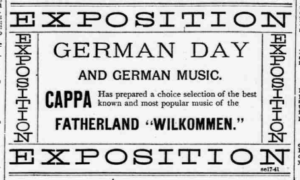
Mere days after Joe Biden was sworn in as President of the United States, the new administration announced its intention to put Harriet Tubman – known as Moses – on the twenty-dollar bill. The currency redesign – a relatively common occurrence in the 19th century – was originally set for release in 2020 to mark the centennial of the 19th Amendment that granted women the right to vote. The majority of Americans supported the redesign in 2016 when the last poll on the issue was taken. President Donald Trump put the project on hold, citing security issues and attributing the Obama initiative to sheer political correctness. While Trump may still view Andrew Jackson as an American hero, historians are quick to point out the complexities of the former U.S. president’s biography. Jackson owned hundreds of slaves and was responsible for the Indian Removal Act that led to the death of about 4,000 Cherokees, forced to walk from the Southern states to modern-day Oklahoma on what is now referred to as the Trail of Tears. Even though he probably should be, Jackson will not be completely removed from the twenty-dollar bill – he’ll just be demoted to the back. The irony of placing Tubman on one side and Jackson on the other on a symbol of national identity has not gone unnoticed and certainly speaks to the division in American society today.







